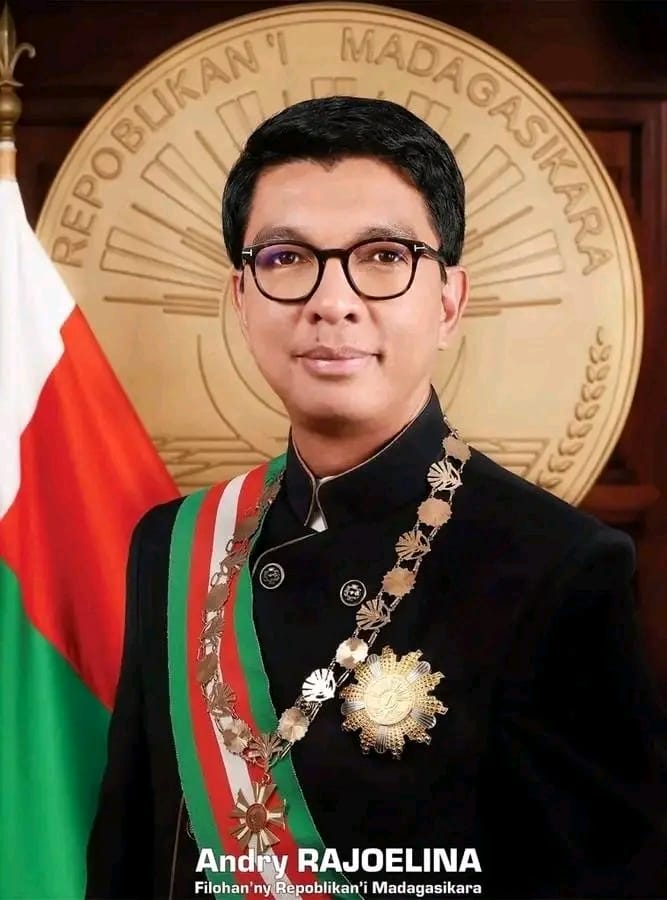
Madagascar Military Takes Control After Parliament Impeaches President Rajoelina.
The Madagascar military has seized control of the government following a dramatic parliamentary vote that impeached President Andry Rajoelina, plunging the Indian Ocean nation into yet another political crisis. The move comes days after Rajoelina fled to France aboard a French military aircraft, reportedly seeking asylum after losing the support of both his cabinet and the country’s powerful armed forces.
According to official sources in Antananarivo, the National Assembly overwhelmingly voted to remove Rajoelina from office on grounds of “constitutional violations and abuse of power.” The decision followed weeks of mounting protests across the capital and other major cities, where demonstrators demanded his resignation over alleged corruption, poor governance, and rising economic hardship.
Shortly after the parliamentary vote, the military announced on national television that it had taken over the reins of power to “safeguard national stability and prevent a leadership vacuum.” General Richard Rakotonirina, the army chief who now leads the transitional council, stated that the armed forces would act as custodians of the state until a civilian government is established.
“The army has no intention of holding onto power,” General Rakotonirina said in a televised statement. “Our role is to protect the Malagasy people, restore order, and oversee a peaceful transition to civilian rule.” He added that the military would work with political and civil society leaders to form an interim government that would organize fresh elections “within the shortest time possible.”
The events leading to the military takeover unfolded rapidly after elite army units, previously loyal to Rajoelina, defected and joined the protesters in early October. The mass defections left the president politically isolated and unable to maintain control over the capital. Following tense standoffs between demonstrators and security forces, the military leadership held closed-door talks with parliamentary leaders that paved the way for the impeachment vote.
Rajoelina, who rose to prominence as a former DJ and businessman before leading a coup in 2009, has faced growing criticism for his handling of the economy and alleged authoritarian tendencies. His decision to dissolve key opposition parties and detain several political figures earlier this year further fueled unrest and eroded public trust.
Sources close to the presidency confirmed that Rajoelina fled the country shortly before the military took over, flying to France where he is now under the protection of the French government. His departure followed an emergency deal reportedly brokered by French President Emmanuel Macron to prevent bloodshed and ensure his safety.
The African Union (AU) and the United Nations (UN) have both expressed concern over the developments, calling for restraint and a swift return to constitutional order. In a joint statement, the two bodies urged the Malagasy armed forces to adhere to their promise of facilitating civilian leadership and to respect human rights during the transition.
As the nation awaits the next steps, Madagascar remains tense but relatively calm, with soldiers patrolling key installations in Antananarivo. Many citizens have expressed cautious optimism, hoping that the military’s intervention will pave the way for new leadership and political stability after years of turmoil.
The unfolding situation marks the third major political upheaval in Madagascar since 2009, underscoring the island nation’s fragile democracy and persistent struggle to balance governance, public trust, and institutional integrity.

